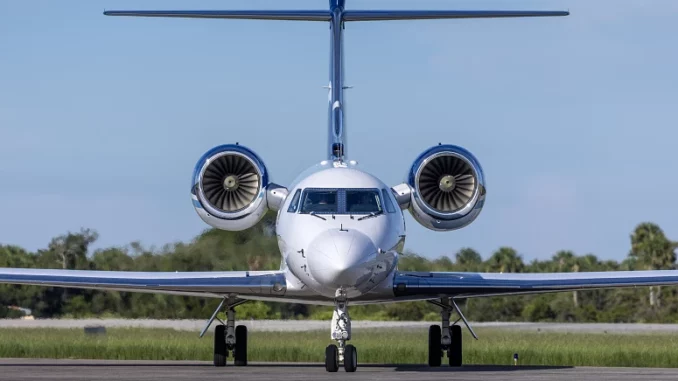
A trial commenced on December 2 in Guinea-Bissau concerning a Gulfstream IV aircraft seized in September carrying 2.6 tons of drugs. The five defendants, all crew members, testified that the plane departed from Mexico en route to Mali, claiming an emergency landing in Bissau due to fuel shortages. The accused denied any knowledge of the drugs and refused to disclose who chartered the flight.
Proceedings in the Guinean capital were briefly delayed by a power outage that disrupted much of the city. When the session resumed, the defendants maintained their account, with the co-pilot stating, “We were hired to fly from Mexico to Mali. We didn’t know there were drugs on the plane.” Statements were translated from Castilian to Portuguese by an interpreter appointed by the Guinean Ministry of Foreign Affairs.
The defense for a Brazilian defendant sought a medical release, supported by the legal team for the remaining crew members, but the court denied the request. Similarly, a plea for the return of the seized aircraft was rejected. Guinea-Bissau’s President, Umaro Sissoco Embaló, had earlier announced that the plane would be sold, with proceeds directed to the state.
When questioned about the drugs’ origin, the flight’s route, and those responsible for the shipment, the defendants largely refrained from answering. The defense also probed whether the plane could have carried more than 2.6 tons of drugs. “Not with the people on board,” the co-pilot noted, underscoring weight limitations. The aircraft remains stationed at the military wing of Osvaldo Vieira International Airport.
The panel of judges directed eight witnesses—seven Guinean nationals and one foreigner—to exit the courtroom, noting they would be called for testimony on Thursday. The trial continues to grapple with critical unanswered questions about the operation and its logistics.
